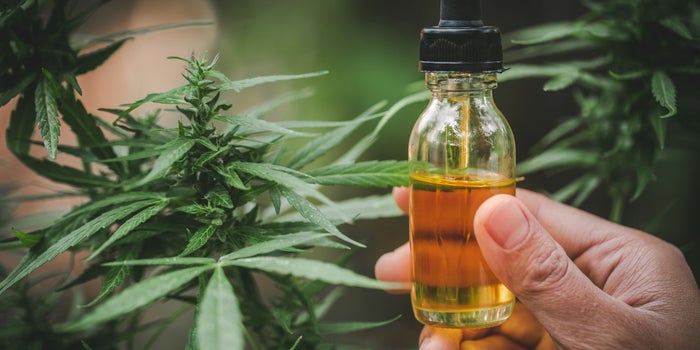“The CBD industry is flourishing, conservatively projected to hit $16 billion in the United States by 2025. Already, the plant extract is being added to cheeseburgers, toothpicks and breath sprays. More than 60 percent of CBD users have taken it for anxiety, according to a survey of 5,000 people, conducted by the Brightfield Group, a cannabis market research firm. Chronic pain, insomnia, and depression follow behind. Kim Kardashian West, for example, turned to the product when “freaking out” over the birth of her fourth baby. The professional golfer Bubba Watson drifts off to sleep with it. And Martha Stewart’s French bulldog partakes, too.
What are the claims?
CBD is advertised as providing relief for anxiety, depression and post-traumatic stress disorder. It is also marketed to promote sleep. Part of CBD’s popularity is that it purports to be “nonpsychoactive,” and that consumers can reap health benefits from the plant without the high (or the midnight pizza munchies).
Just as hemp seedlings are sprouting up across the United States, so is the marketing. From oils and nasal sprays to lollipops and suppositories, it seems no place is too sacred for CBD. “It’s the monster that has taken over the room,” Dr. Brad Ingram, an associate professor of pediatrics at the University of Mississippi Medical Center, said about all the wild uses for CBD now. He is leading a clinical trial into administering CBD to children and teenagers with drug-resistant epilepsy.
Does CBD work?
Last year, the F.D.A. approved Epidiolex, a purified CBD extract, to treat rare seizure disorders in patients 2 years or older after three randomized, double-blind and placebo-controlled clinical trials with 516 patients that showed the drug, taken along with other medications, helped to reduce seizures. These types of studies are the gold standard in medicine, in which participants are divided by chance, and neither the subject nor the investigator knows which group is taking the placebo or the medication.
Continue reading at The New York Times

